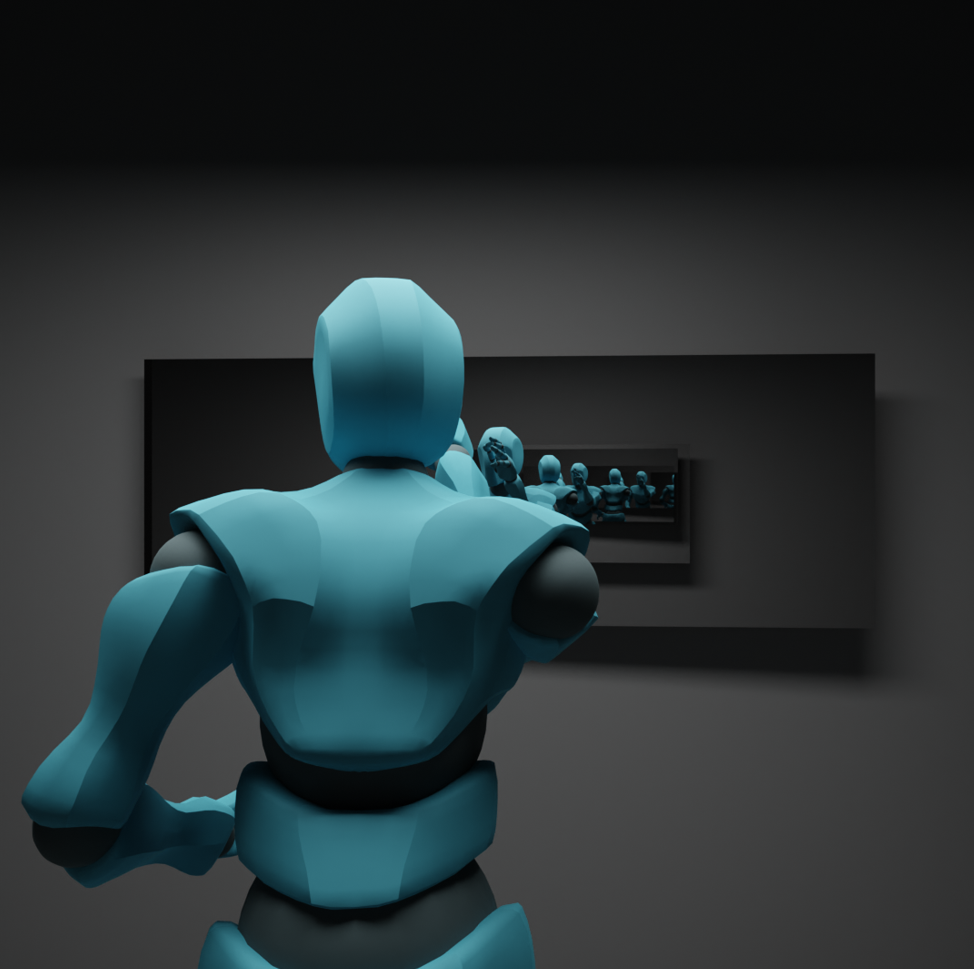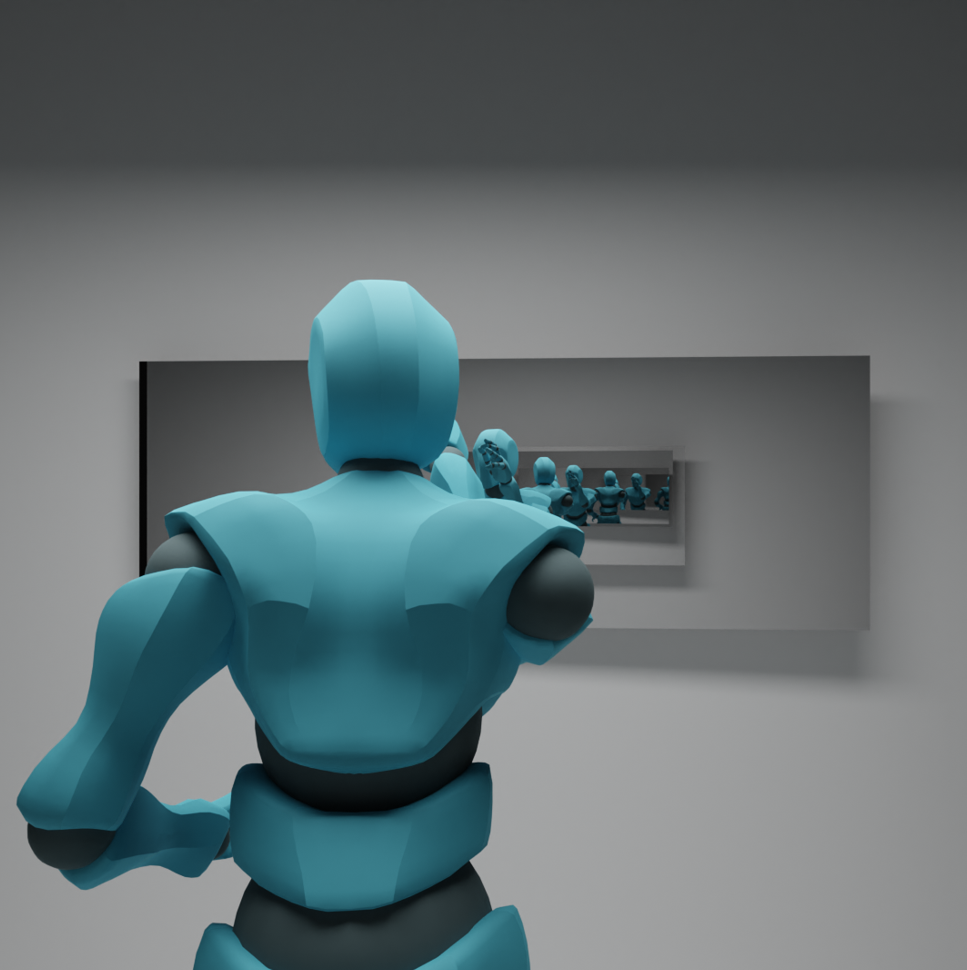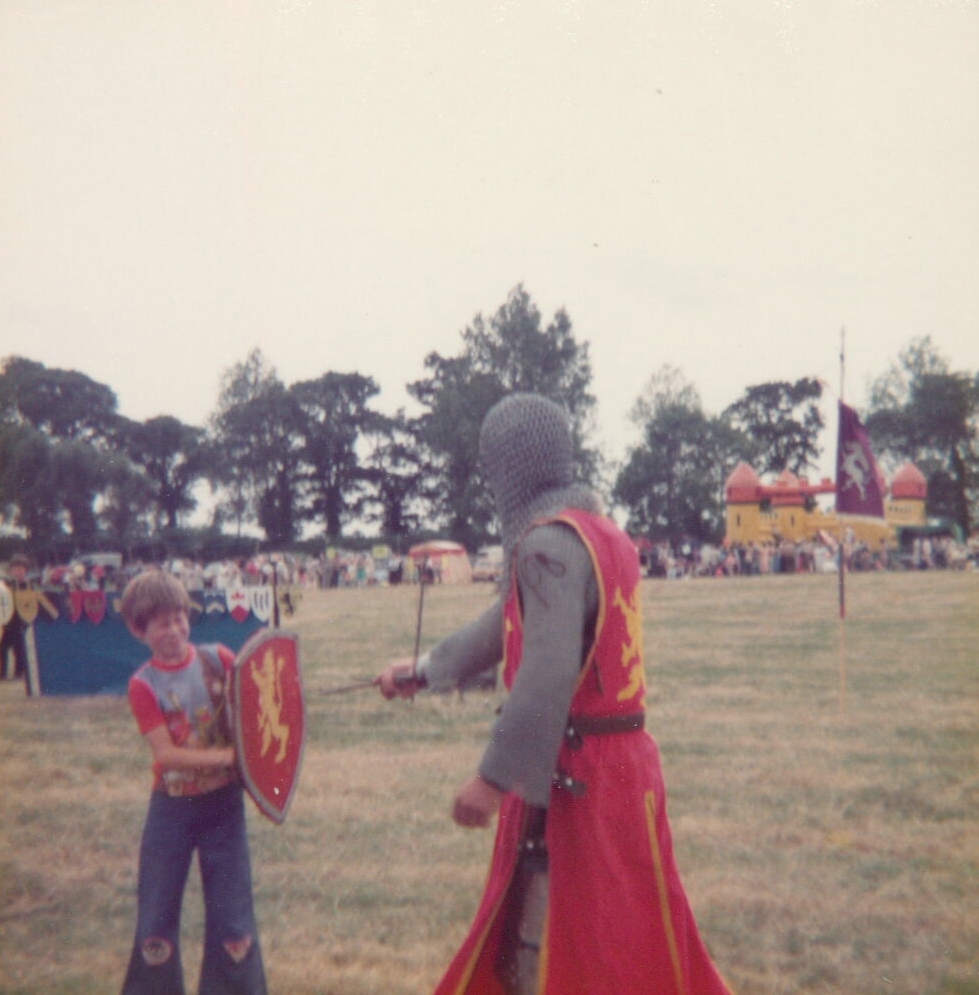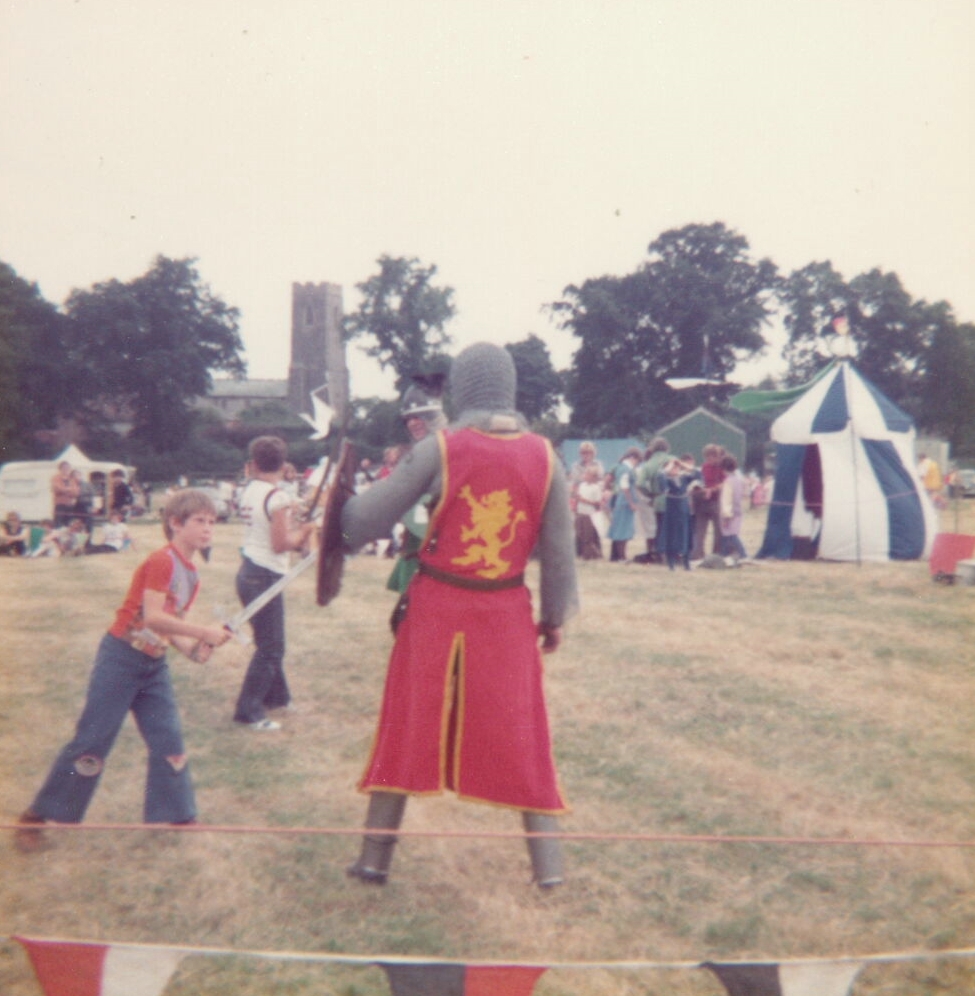Twenty-five years ago, I worked for a construction company in the Midlands. One day in June, my boss phoned the person he left in charge to ask why I was driving the outskirts of town instead of being in the office.
They were confused, seeing as I was sitting opposite the person who took the call. This was the first time I discovered I had a doppelgänger, though to this day, I have not met him.
In the intervening years, I saw my co-writer’s doppelgänger outside a Beijing bookshop he frequented. Surprised, I took a photo moments before my wife tried chatting with a person she thought she knew. The look of surprise on their faces confirmed Cyrus remained in America.
A week ago, a similar occurrence happened. One of my students said she saw me on her way to school and asked at the start of class why I had changed my shirt from blue to white. My amusement perplexed her until the students I had breakfast with confirmed my location at the time she believed she saw me.
How, I wondered, is this person in the same city as me again? Or, even more extraordinary, is there another version of me wandering about the streets?


Have you ever wondered how your doppelgänger has your face and body type? I mean, it’s not like you share the same DNA, right? Unless… you do! 😱
Maybe your doppelgänger is your long-lost twin, separated at birth by a nefarious plot. Or, a secret society of clones raised them and are planning to take over the world with their identical faces. My favourite, however, is they are you from a parallel universe, where everything is identical except for one tiny detail.
As a writer, these are fun ideas to play with. A random person who looks like me. What are the odds of that? Well, according to some experts, there are only about seven basic facial shapes in the world, and each one can be combined with different features to create a unique appearance. So, it’s possible that someone out there has a similar combination of facial shape and features as you do.
But what about your body type? You would think that’s more distinctive than your face, right? Well, not really. Your body type is determined by your genes, which influence how you store fat and build muscle. Add in environmental factors, such as diet, exercise, and a rake of bad habits, and viola, your body shape recipe is complete.
So, how does your doppelgänger have your face and body type? The answer is: by chance. It’s a rare and remarkable coincidence, but not impossible. And hey, look on the bright side: at least you know you’re not alone in this world. Let’s just hope they, not you, are the evil twin. 😈



